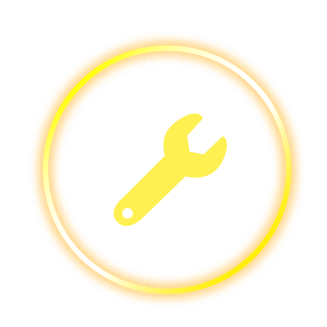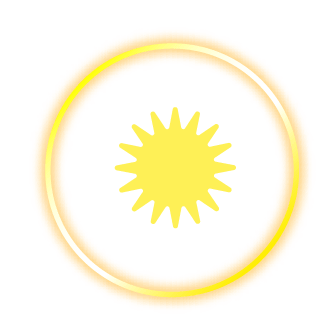Table of contents
Extension cables have become a household electrical staple but pose a significant safety threat. Always ensure you’re using your accessories properly and safely.
Extension cables are hands down one of the most useful electrical accessories, but they are also one of the most hazardous when misused (strip plugs and multi-plug adaptors included).
For this blog post, we will collectively refer to extension cables, strip plugs, and multi-plug adaptors as “extension cable accessories”.
Extension cable accessories tend to become permanent fixtures in our homes, rather than short-term solutions to the bigger problem.
Here are some tips to keep your family and home safe:
Dos
- Only use SABS-approved electrical wires or cables.
- Only use good quality, heavy-duty extension cables, strip plugs, and multi-plug adaptors — especially if you can’t avoid using them as a permanent solution.
- Check the usage specifications of the extension cable accessories to ensure the amperage and wattage of the accessory is sufficient for the appliances you’ll be connecting.
- Make sure the accessory is suitable for the environment you’re going to be using it in (i.e. indoor or outdoor use).
Don’ts
- Never use extension cable accessories indefinitely.
- Avoid connecting multiple extension cables and/or strip plugs together.
- Never use any cables that are damaged or frayed.
- Never cover cables with rugs as they could be stepped on. Damaged and smashed cables are prone to overheating and melting.
- Never place extension cable accessories anywhere near a water source — the consequences could be catastrophic.
Dangers of Overloading Sockets
- When appliances are all plugged into the same extension cable or power strip, it creates excessive power load on a single socket, leading to overheating, shorting, and power surges.
- Wherever possible, only plug appliances in when they’re in use.
- Avoid having multiple appliances and cables plugged into a single accessory or socket in order to avoid overloading the socket.
Extension Cable Safety Considerations
Before buying extension cables and accessories, it’s critical to consider the lawful safety requirements as set out by the South African Bureau of Standards (SABS).
These safety requirements include:
- Conductors must be copper (never aluminium).
- Socket outlets must have safety shutters.
- Plugs must be integrally moulded and have safety sleeves on the live pins.
- There must be clear markings showing the maximum ratings.
If safety cable safety standards are not met, or extension cable accessories are not used safely and properly, a registered electrician will not be able to issue a Certificate of Compliance.
Solutions:
- Be wary of extension cables, strip plugs, and multi-plug adaptors.
- Invest in surge protection to protect your sensitive appliances, and prevent shorts/sparks which could cause fires.
- If you don’t have enough outlets in your home, contact an electrician to install additional ones.
You should have a registered electrician assess any concerns you may have.
Titan Electrical can conduct any repairs you may need and assess whether you’re using your extension cable accessories safely and properly. We can also issue a Certificate of Compliance to certify and ensure the safety of your home.
Contact us on 087 55 11 000 for a free on-site quote, a Certificate of Compliance assessment, and Expert Electrical Service.





